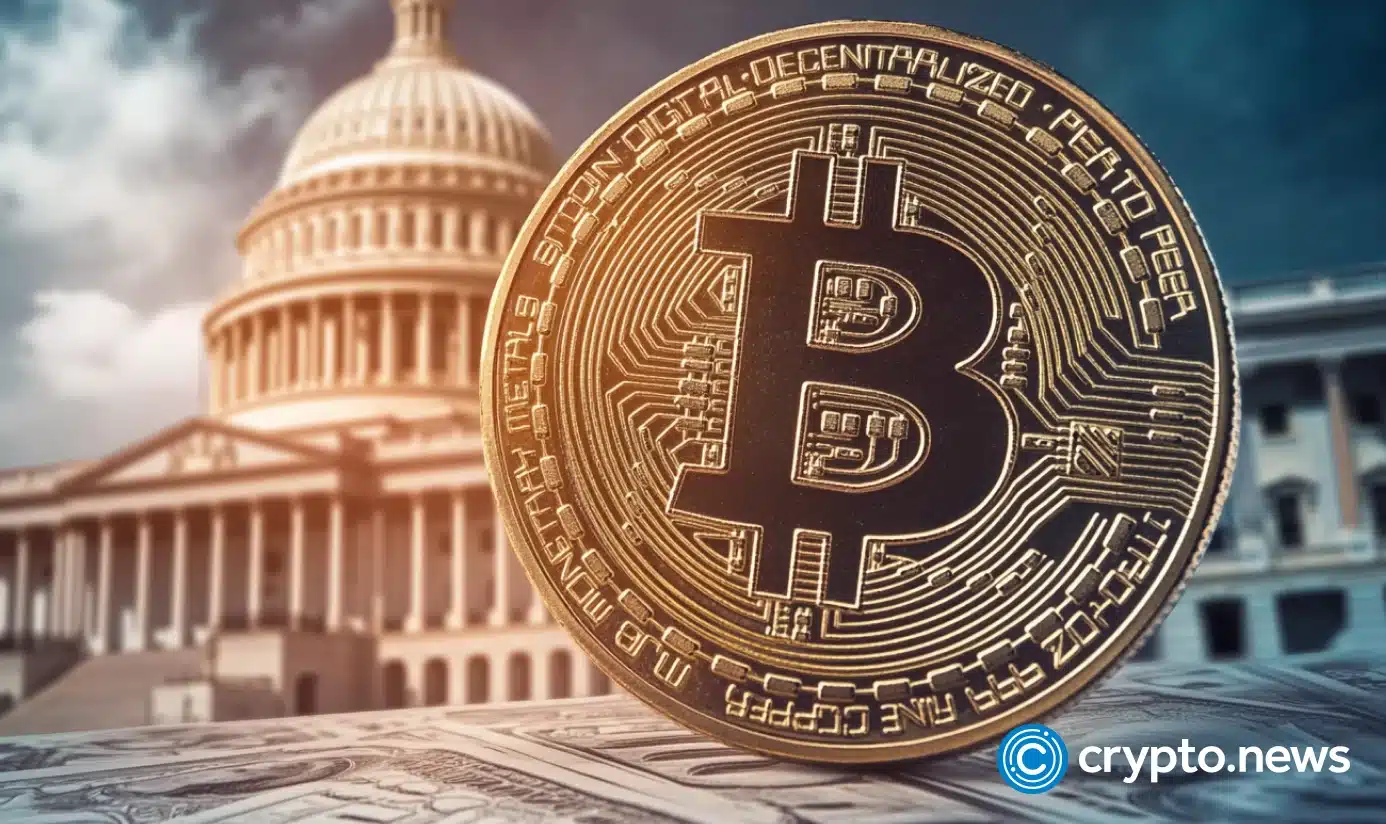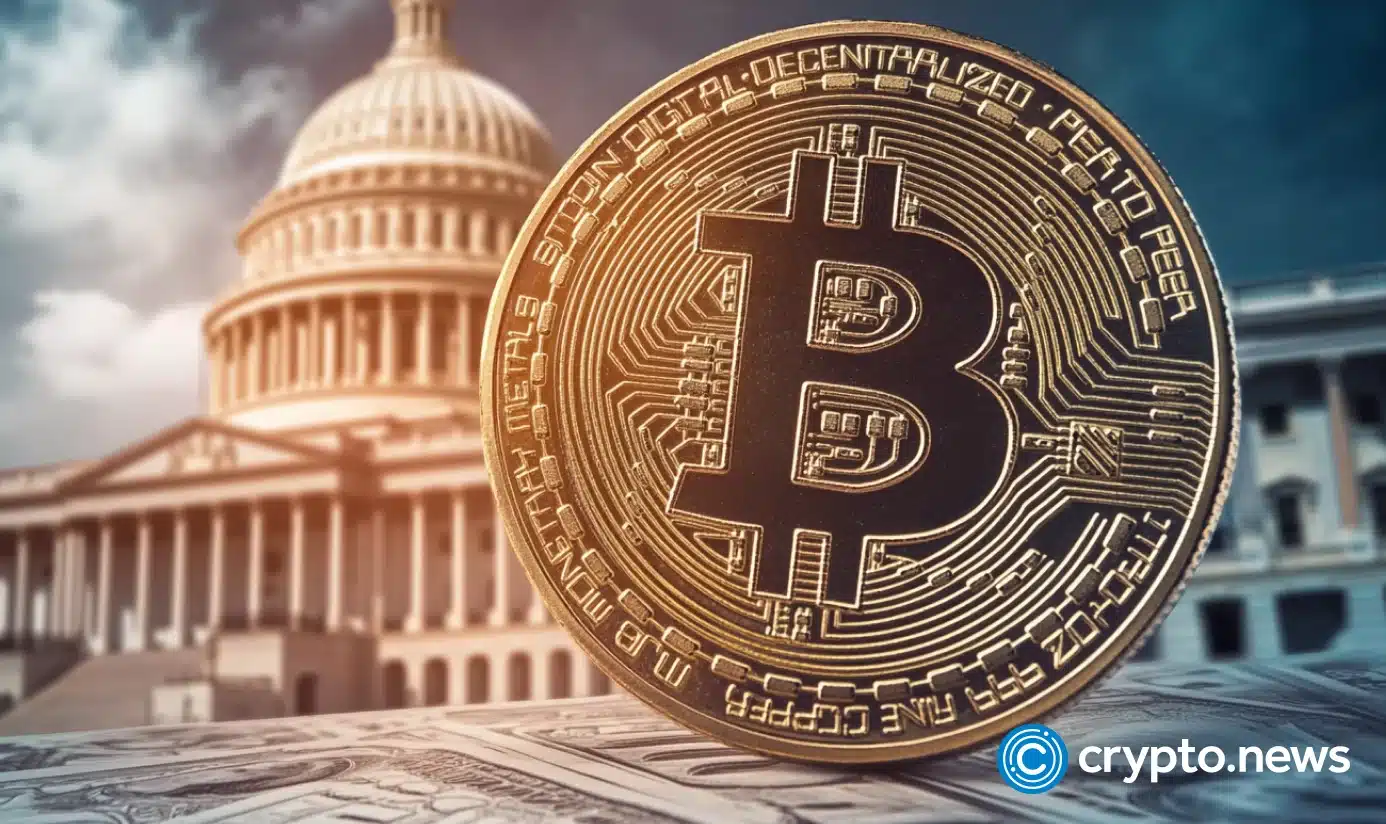

On Oct. 14, 2025, the Department of Justice reported that it had forfeited 127,271 bitcoins from a Cambodia-based scam operation. Soon after, some of the crypto influencers claimed that the U.S. is now holding 325,000 or 327,000 BTC. Are these claims grounded, and how can we estimate the U.S. Bitcoin holdings correctly?
Summary
- The U.S. government forfeited 127,271 bitcoins from Chen Zhi, the head of Prince Group, an international criminal organization based in Cambodia. According to the DOJ, it is the largest forfeiture action in the history of the Department.
- The DOJ press release cites Attorney General Pamela Bondi and Deputy Attorney General Todd Blanche saying “the United States will use every tool at its disposal to defend victims, recover stolen assets.”
- Before the said forfeiture, the U.S.-held bitcoins were estimated by Arkham Intelligence at 198,000 based on the on-chain data.
The U.S. holds 325,000 or 327,000 bitcoins, popular accounts claim
As soon as the news about the forfeited bitcoins was released, several social media accounts with tens and hundreds of thousands of followers declared that the U.S. now holds 327,000 BTC. Some named a different estimation – 325,000 BTC.
One of the X posts claiming that the U.S. government now holds 327,000 bitcoins was shared by the Exodus wallet CEO JP Richardson.
In the posts and publications in media outlets, authors mostly were talking about the amount the U.S. “holds,” which is important as there is a difference between holding and owning funds.
Various publications reported that the U.S. has “seized” bitcoins from Chen Zhi. However, the press release from the Department of Justice uses a different term. The press release has no mention of “seizure” of bitcoins. Instead, it mentions “forfeiture” seven times.
These terms are not the same, as forfeiture supposes that a criminal’s ownership of the forfeited assets is removed in favor of the government. According to the FBI guide,
“Forfeiture removes the profit motive from the crime and returns property obtained under fraudulent pretenses by the criminal to the victims.”
The press release contains the statement by Attorney General Pamela Bondi and Deputy Attorney General Todd Blanche. It says:
“Today’s action represents one of the most significant strikes ever against the global scourge of human trafficking and cyber-enabled financial fraud. By dismantling a criminal empire built on forced labor and deception, we are sending a clear message that the United States will use every tool at its disposal to defend victims, recover stolen assets, and bring to justice those who exploit the vulnerable for profit.”
It means that the Department of Justice may recommend returning these bitcoins to the victims of the crimes committed by Price Group. That’s not something unthinkable. In 2024, the DOJ recommended returning around 94,643 BTC forfeited from the Bitfinex hackers to the exchange.
Will the U.S. return forfeited bitcoins to the victims?
Given that the U.S. still didn’t return bitcoins to Bitfinex, there’s still no precedent. With the Strategic Bitcoin Reserve established by Donald Trump’s executive order on March 6, 2025, the uncertainty only grows bigger. Trump’s order prohibits selling BTC held by the U.S. government. However, it’s unclear how it is possible to use bitcoins poised for the return as a strategic asset.
The fact sheet accompanying Trump’s executive order mentions the U.S.’s “ownership” of digital assets:
“Taking affirmative steps to centralize ownership, control, and management of these assets within the Federal government will ensure proper oversight, accurate tracking, and a cohesive approach to managing the government’s cryptocurrency holdings.”
It’s not clear if such an approach supposes the return of the digital asset to the victims. However, the Attorney General’s words concerning the recent forfeiture suggest that bitcoins can be returned.
The Department of Justice claims that the assets forfeited from criminals can be returned to the victims. It doesn’t mean, however, that the government must do this.
How much BTC does the U.S. government hold?
Transparency is one of the crucial elements of the Bitcoin network. However, it cannot offset the lack of clarity in the law. Many of the U.S. BTC holdings estimations circulating online owe to Arkham Intelligence data. As of press time (Oct. 16, 2025), the U.S. Bitcoin holdings amount to 325,447 bitcoins, according to Arkham’s estimation based on on-chain data.
The 327,000 BTC evaluation doesn’t seem to be correct. Those who claim the U.S. holds 327,000 bitcoins probably add 127,000 BTC to 200,000 BTC. The latter was the approximate amount of the U.S.-owned Bitcoin brought up by the Crypto and AI Czar David Sacks following the establishment of the Strategic Bitcoin Reserve.
It’s not clear if the U.S. has ever made a thorough audit of its Bitcoin holdings. Trump’s executive order stipulated that such an audit must take place; however, there is no publicly available info on the matter. All that we have is on-chain data.
According to on-chain data, the U.S. holds 325,000 BTC. Over 94,000 BTC of this amount will probably be returned to Bitfinex. The future of the rest of these bitcoins is not clear yet, except for around 29,000 BTC held by the U.S. Marshals Service. These bitcoins are not likely to leave the government’s custody.

Source link

